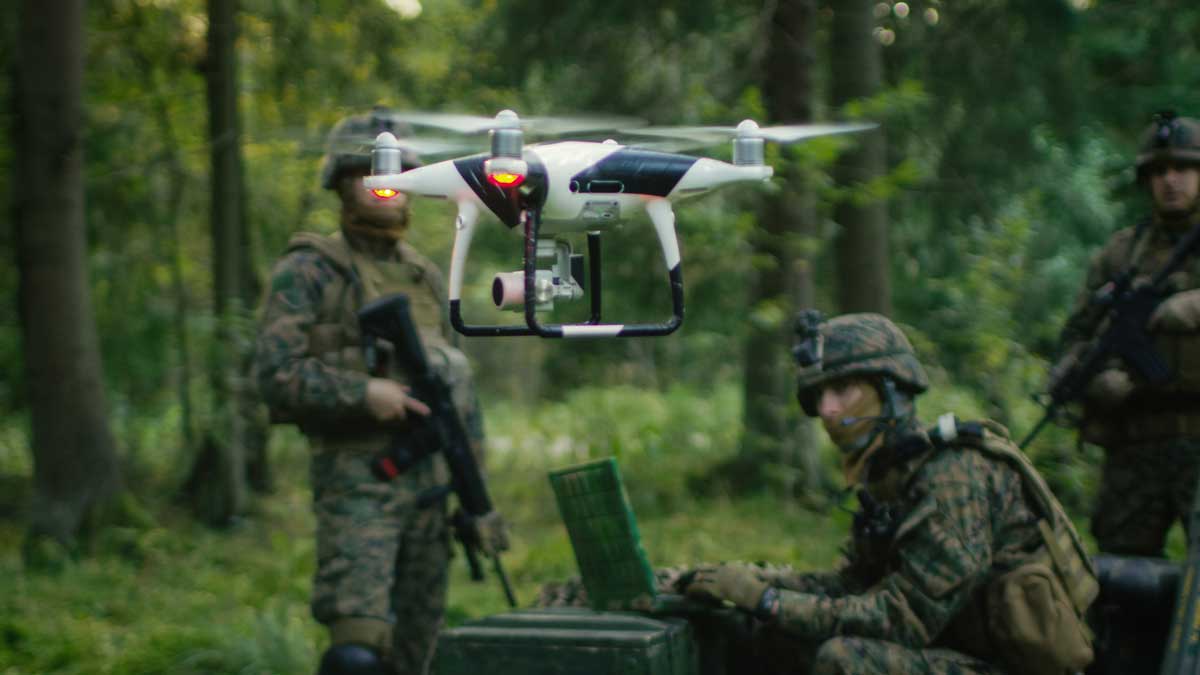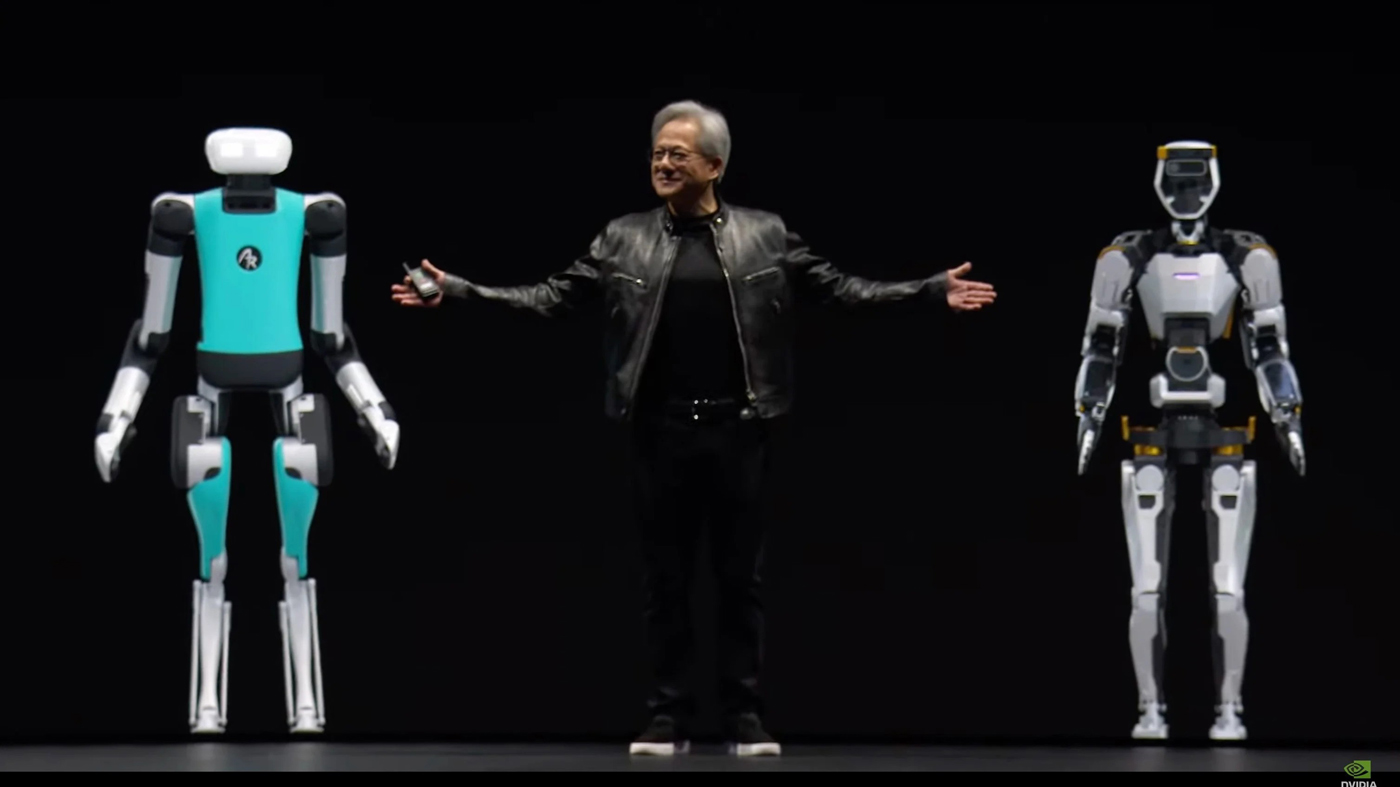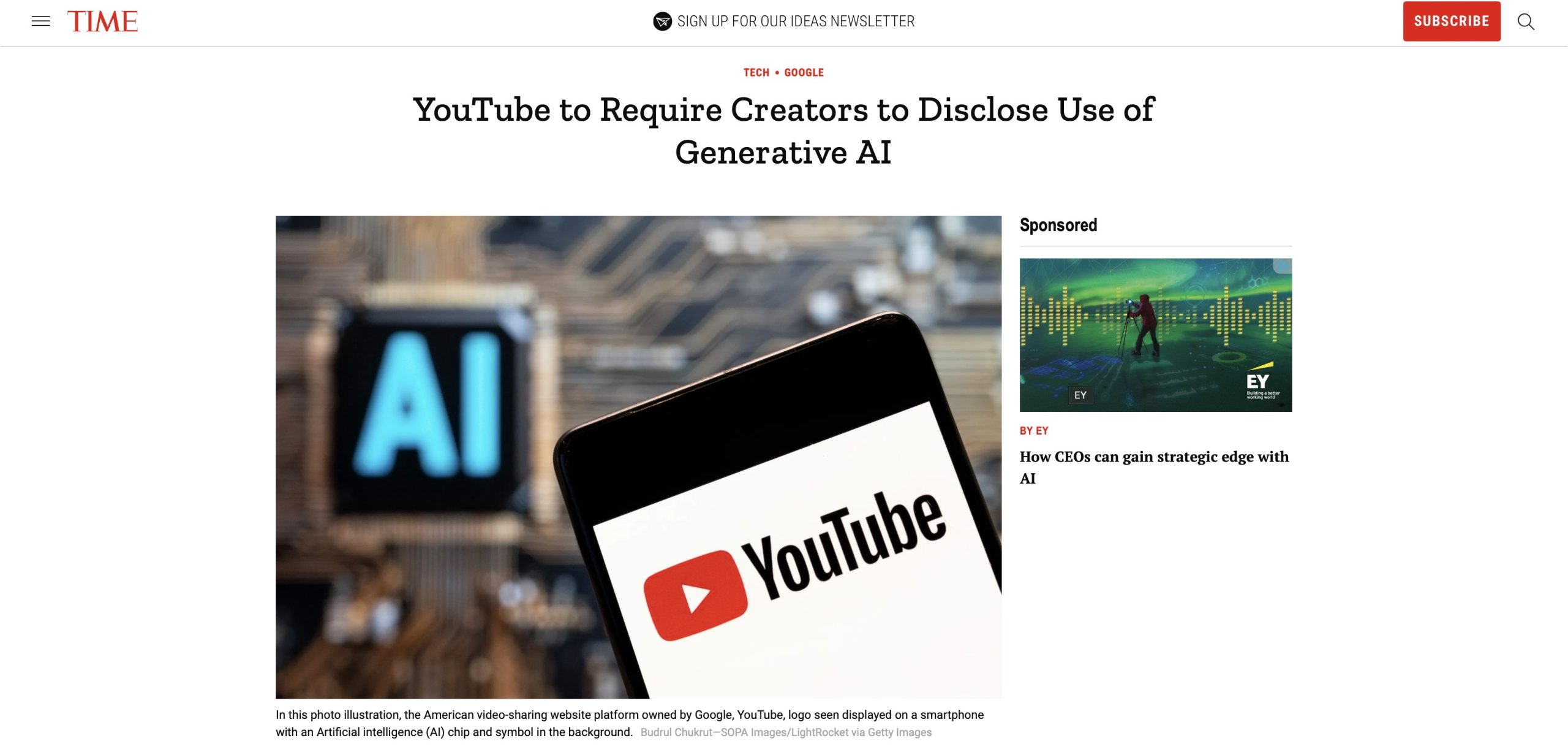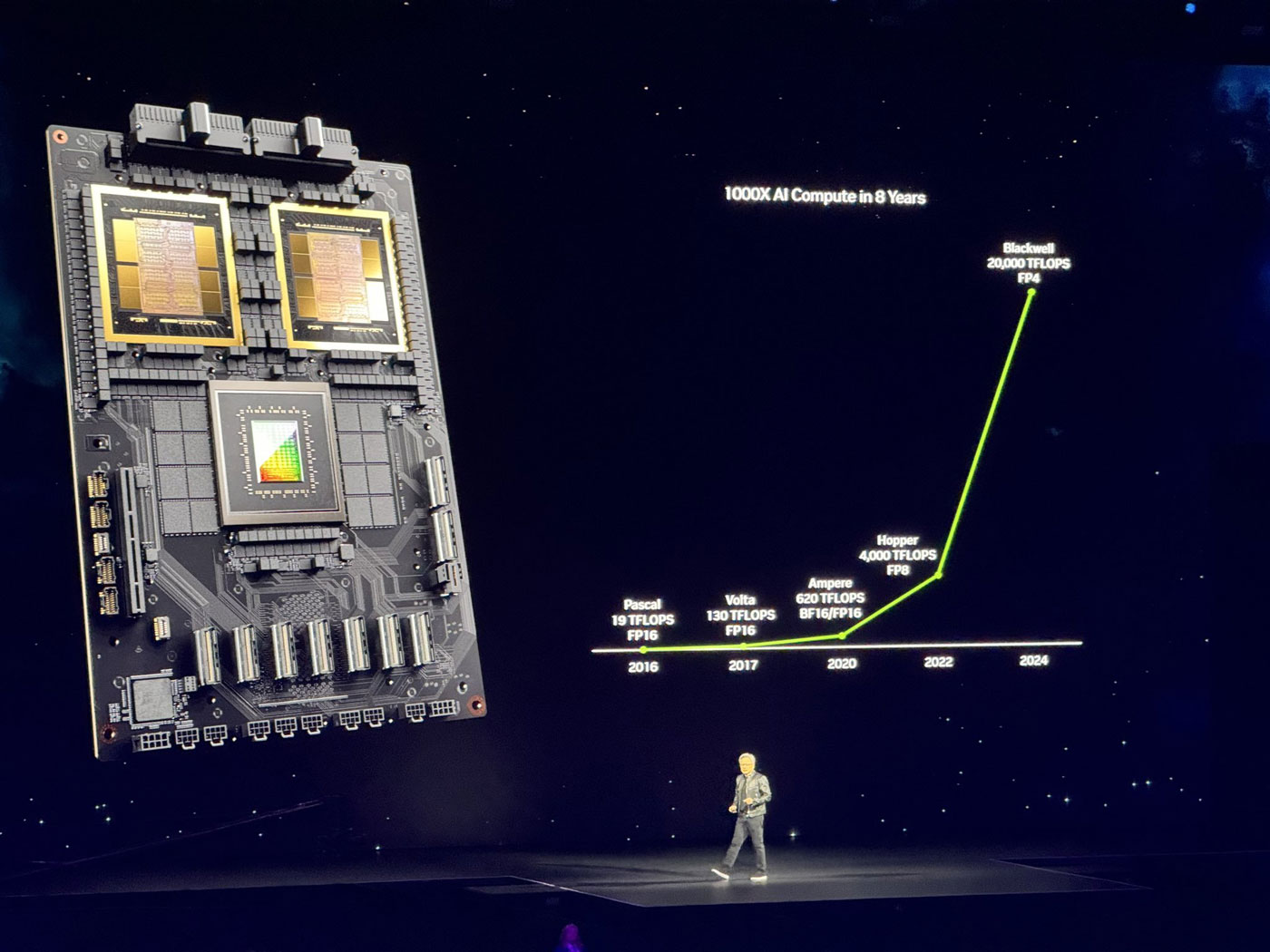Ex-Google CEO is building a startup for an AI powered mass-producible combat drone
From search bars to the sky, Eric Schmidt‘s latest venture has the tech world buzzing with a mix of awe and anxiety. His clandestine project, codenamed White Stork, aims to revolutionize warfare with AI-powered combat drones designed for mass production.
Imagine swarms of these intelligent machines, navigating complex battlefields with the precision of a hummingbird and the lethality of a raptor. Their AI brains identify targets, dodge obstacles, and deliver devastating payloads, all without human intervention. It’s the stuff of cyberpunk novels come to life, and it’s raising eyebrows (and ethical alarms) across the globe.
Schmidt, the former Google CEO whose fingers once tapped the pulse of the internet, now has his sights set on the pulse of modern warfare. The ongoing conflict in Ukraine, where he serves as a tech advisor, seems to have fueled his desire to give the underdog nation a technological edge. White Stork, named after the Ukrainian national bird, could be his answer.
But this silicon stork isn’t just delivering babies – it’s delivering death. The prospect of autonomous weapons raises a flock of ethical concerns. Who’s accountable if the AI malfunctions and targets civilians? Can these robotic birds of war be truly controlled in the heat of battle? And what happens when other countries take flight with their own drone armies?
Schmidt, ever the tech optimist, assures us White Stork is a beacon of innovation, not a harbinger of dystopia. He envisions the drones used solely for defense, with strict human oversight and fail-safe protocols in place. But critics remain unconvinced, painting a picture of a future where machines wage war without remorse, leaving a trail of unintended consequences in their wake.
White Stork is more than just a drone project; it’s a Pandora’s box of technological anxieties. It forces us to confront the ethical tightrope we walk as we advance into the age of artificial intelligence. Can we harness its power for good, or will it lead us down a path of mechanized mayhem?
The answer, like the future of White Stork itself, remains shrouded in uncertainty. But one thing’s for sure: the world is watching with bated breath, hoping these mechanical storks don’t become the harbingers of a war-torn tomorrow.
This is just the first chapter in the White Stork saga. As the project unfolds, the debate will undoubtedly intensify, forcing us to grapple with the profound questions it raises. Will White Stork take flight as a symbol of progress, or will it crash and burn under the weight of its own ethical contradictions? Only time will tell, but one thing’s certain: the tech world will never be the same.
Remember, the story of White Stork is far from over. Stay tuned for further updates on this high-tech thriller, and be sure to join the conversation about the future of AI and warfare. After all, the decisions we make today will shape the skies of tomorrow.





